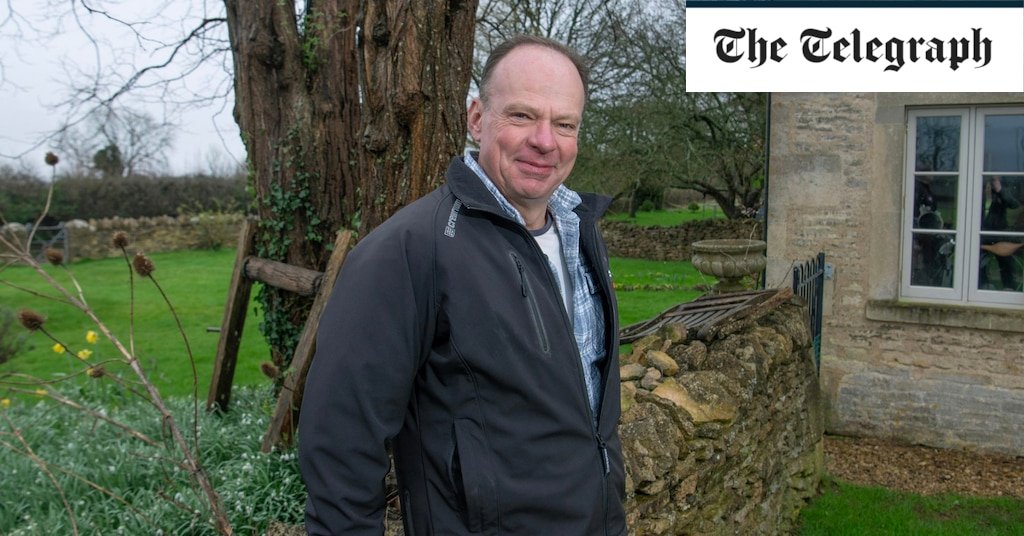Now turning to the Isa portfolio, it seems that most of the investments are in shares, infrastructure and commodities. While Mr Knight is working and not needing other income, this is fine. But as retirement is fast approaching, his risk outlook will likely change and some portfolio reconstruction should happen sooner rather than later.
If Mr and Mrs Knight want to get 5pc from the Isas, they need to look at the investments that fail to meet this criteria. Generally, investing in direct stocks is riskier than funds. So it makes sense to move these investments into funds and low cost investment trackers.
At the moment, it is possible to achieve around 5pc from fixed income and more from infrastructure (such as The Renewables Infrastructure Group, which is already held). I would keep 60pc of the portfolio in shares and invest 40pc into fixed income and infrastructure investments that provide the level of income needed.
In our portfolios, some fixed income funds that we look at are the iShares UK Ultrashort Corporate Bond fund, iShares US Treasury 7-10 year Hedged ETF, GAM Star Credit Opportunities and TwentyFour Strategic Income.
When constructing income focused portfolios we look at a number of funds which include: Artemis Income, Schroder Global Equity Income, Aberdeen Asian Income, City of London and Law Debenture (which are already held by Mr Knight), iShare UK Dividend and Ecofin Utilities and Infrastructure.
Zoe Gilliespie, director at RBC Brewin Dolphin
As Mr Knight approaches retirement, he may wish to review his overall attitude to risk and investment strategy for the portfolios. When he starts to draw on the assets, he may not have the same capacity for loss as he did when he was not reliant on the investments.
Adding some fixed income assets such as bonds or government gilts to the portfolio could provide a high income yield, while potentially reducing volatility. The current portfolio has around 10pc in funds that are in areas outside of stocks, such as infrastructure, property, and commodities.
Overall, Mr Knight’s holdings are imbalanced – having a more even distribution of assets will reduce the skew in performance from larger holdings.
For example, the largest individual holding is Unilever, which accounts for over 15pc of the portfolio, so the underlying performance would be influenced by its share price. Despite having a dividend yield of over 3.5pc, the share price has produced very little in the way of a capital return over the last five years.




